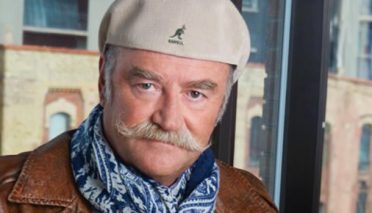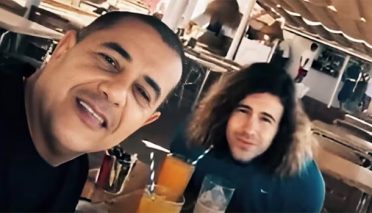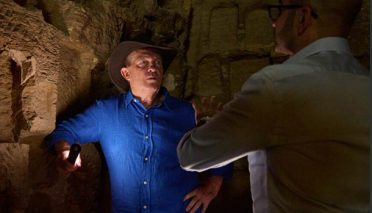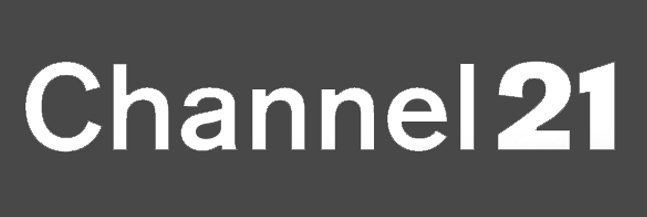 2023 series Troll Farm put not only Gabija Siurbytė’s Dansu Productions but the entire Lithuanian production sector on the high-end drama map. The actor and producer outlines why she’s so positive about the local industry’s prospects.
2023 series Troll Farm put not only Gabija Siurbytė’s Dansu Productions but the entire Lithuanian production sector on the high-end drama map. The actor and producer outlines why she’s so positive about the local industry’s prospects.
The past year has been something of a whirlwind for Gabija Siurbytė, CEO of Dansu Productions, the Lithuanian prodco behind Troll Farm. Siurbytė both stars in and executive produces the five-part, high-end drama series, which broke records in the country last year.
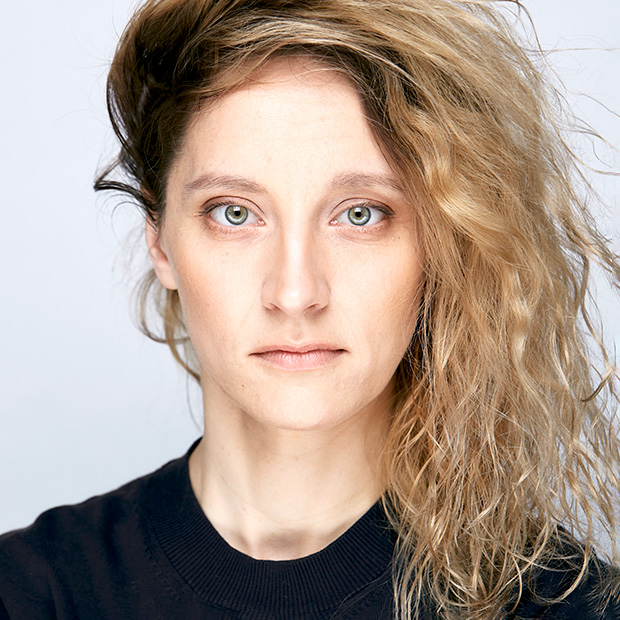
Gabija Siurbytė
The sense of achievement is palpable in Siurbytė’s voice as she recounts her busy 2023 schedule: “Last year, we had two premieres – we premiered a feature film and we premiered Troll Farm. It was amazing. And we did festivals and I did a lot of talks.”
One of those talks was at Content London in November, where Siurbytė took to the stage for a panel entitled Actors in Charge. Sitting alongside the likes of internationally respected actors Sir Lenny Henry, Marta Dusseldorp and Alexandra Rapaport, Siurbytė struck a confident pose as she joked with Henry, the veteran comedian and actor-turned-producer, about how she aspired to amass as many roles as he has, in her quest to bring the stories she wants to tell to the screen.
Right now, you wouldn’t put it past her either. She has acted since the age of four and as an adult has launched herself into numerous other roles, including second unit crew, line producer, producer, exec producer, showrunner and CEO – gaining qualifications in accountancy and law along the way.
A self-confessed “TV junkie,” Siurbytė describes herself as “very curious,” a personality trait that no doubt explains why she made the move into TV drama from feature films, or as she puts it, “jumped to the dark side.” She’s not yet dipped her toe into unscripted but says it’s not out of the question, even if that means, as she jokes, “I’m jumping into the hell of evil.”
“I’m curious about how things are made, especially if I feel that they catch my attention,” Siurbytė explains.
The first idea for a TV series to catch her attention came along 15 years ago, but that one only made it to pilot, convincing Siurbytė to go back to making feature films and shorts. But her appetite was wetted once more when she acted as coproducer on some international projects, including the Netflix miniseries Clark, about Sweden’s most notorious gangster, Clark Olofsson, and Swedish TV series Lea, about a woman who dreams of winning the Boxing World Cup.
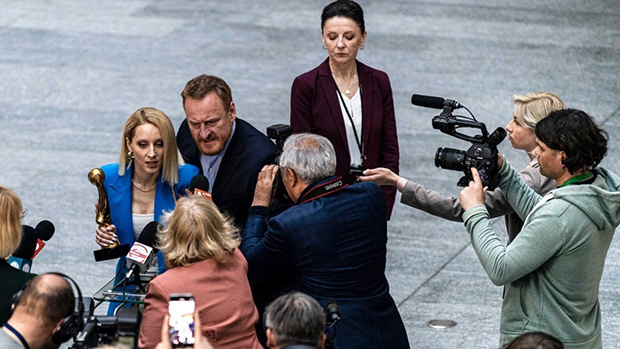
Troll Farm takes inspiration from The Count of Monte Cristo
“Then I just thought that it should be possible to do Lithuanian high-end drama, even if it will take me five, 10, even 15 years. At some point it should be possible,” Siurbytė says.
As it happens, Troll Farm, written by Domante Urmonaite and Martynas Mendelis, was only four years in the making. The modern-day interpretation of The Count of Monte Cristo, about a wrongly fired corporate diva’s plunge into the dark side as she struggles to clear her name, first won development funding from Lithuanian public broadcaster LRT and was shortlisted in C21Media’s Autumn Winter 2020 Digital Pitch competition.
The €1.375m (US$1.490m) project, consisting of five one-hour episodes, became the first TV series ever financed by the Lithuanian Film Centre, LRT and Telia Play, the local streaming platform. It went on to garner the public broadcaster an average share of 12% when it launched on primetime in January 2023 and to attract more viewers than HBO’s House of the Dragon in its first week on Telia Play, which premiered it simultaneously to LRT. Last June, Indian distributor GoQuest Media added Troll Farm to its growing sales slate of Central and Eastern European dramas.
Starring Siurbytė, who also acted as showrunner and exec producer, and directed by her husband and Dansu co-founder Ernestas Jankauskas, the TV series has been a trailblazer for Lithuanian high-end TV drama, according to Siurbytė.
“It marked a lot of firsts, we were even creating contracts from scratch because so much of the legal wording in the TV series world is not translated into Lithuanian,” she explains. “We were translating them and putting things together, working out how the windows will work, how the viewers will watch. So it was complicated, but it also was so fun because to create something from scratch in your country. It’s really interesting.”
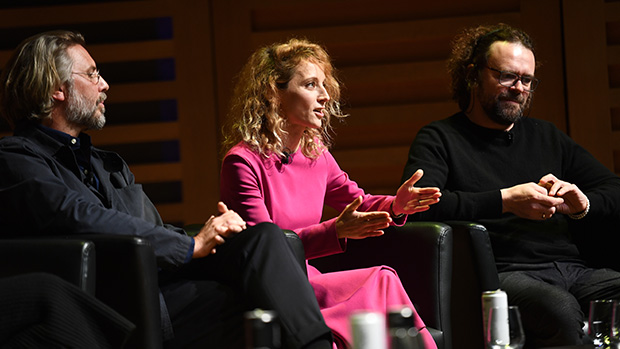
Gabija Siurbytė speaking at Content London 2023
According to Siurbytė, Troll Farm has led the way to even better financed TV series produced in Lithuania. “There are other Lithuanian producers now who are also producing TV series, and some of them are doing even bigger budget TV series. I’m really happy [about this]. We are getting there,” she says about the sector.
An example of this trend, says Siurbytė, is A Wolf’s Palate, a €4m 6×45’ mystery crime drama, currently in post-production and due for release in 2025. Like Troll Farm, Wolf’s Palate is backed by the Lithuanian Film Centre, LRT and Telia Play, although this time the project, produced by Lithuanian prodco Kino Kultas and directed and written by Vilnius-born filmmaker Emilis Vėlyvis, has a Finnish coproduction partner, Son of a Pitch.
Siurbytė has nothing but praise for the Lithuanian institutions that she says have taken a risk with high-end local TV drama, as well as breaking new ground in other areas of content.
“I’m inspired by the institutions, such as the Lithuanian Film Centre, that have had the courage, to finance both development and production. And I’m really inspired by LRT, not only in scripted but also unscripted shows,” says the exec. “They are creating formats that connect us to Ukraine where the war is happening.
“Lithuanians, in the last couple of years, have been getting courageous and brave. We speak out, and it’s not only about how much money you can make, but also why we make the content we make and how we can we make this world a little bit better. I’m very proud of my country and the institutions that are working very hard in this commercial, artistic way.”
On the subject of scripted versus unscripted, Siurbytė notes that, like elsewhere, Lithuania is seeing a greater shift towards unscripted on the biggest platforms, but she is not concerned about a squeeze on budgets because, as she says, the local production sector is booming.

Swedish series Lea follows a woman who dreams of boxing glory
“Lithuania had a record year [in 2023] in terms of the number of productions done,” she says. “Platforms are also finding their footing, especially in Lithuania. And so we are investing more in national content.”
Film production in Lithuania is certainly benefiting from a favourable tax incentive scheme in the country. According to the Lithuanian Film Centre, 2023 saw an 18% increase in the funds leveraged through the scheme in 2022 – representing a record amount since the incentive programme was launched.
But the boom also appears to be fuelled by a healthy TV sector. Go3, the leading OTT service in the Baltics, hit 500,000 paying subscribers in the region in January 2024, representing 20% penetration within Lithuania, Latvia and Estonia. The service cited “unique local original programming” as one of the main drivers of its success.
This viewpoint chimes with Siurbytė’s, who is “waiting for the big global players to understand that if we want to have more subscribers here, they also need to [invest] in national content, because that’s what Lithuanians are leaning towards.”
Netflix is one of the most important players in the Lithuanian audiovisual market, having registered around 90,000 subscribers in the first half of 2023, according to local regulator LRTK. So Siurbytė is hopeful that, in the future, the streamer “will be pushed into investing in local productions” because legal requirements to do so are already in place in other European Union countries.

Netflix miniseries Clark centres on a notorious Swedish gangster
Siurbytė is also keen to see piracy in Lithuania brought under control through a combination of tighter laws and education. “I do hope that our legal battles with pirating will be more successful. There are people working a lot in that area,” she says, noting that pirating is prevalent across society in Lithuania, whether rich or poor, because “it’s just easier to find content that way. They don’t want to find the platform to download it. They already know [what it is] via pirate pages.”
In the meantime, Siurbytė has won €40,000 in development funding from the Lithuanian Film Centre for her latest high-end TV series. The 6×45’ drama, titled Fuck the Hague Convention, is once again being coproduced by pubcaster LRT and follows an international custody battle for a little girl involving press and social networks. Siurbytė is acting as showrunner and producer on the project alongside Viktorija Rimukte, with her husband Jankauskas directing.
“The feedback is very good, so I think we will go into development this year,” says Siurbytė. “And I again have the Lithuanian national broadcaster, LRT, as a partner on this one. After the success with Troll Farm, I’m very happy because when you have a good partner, you can climb any mountain.”




